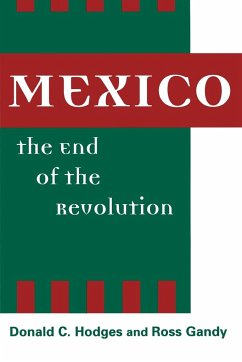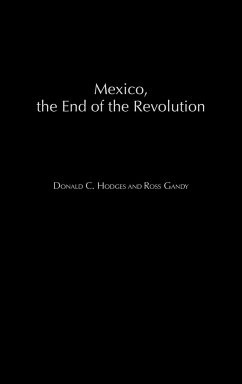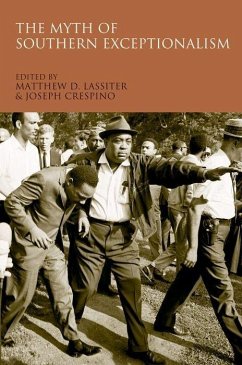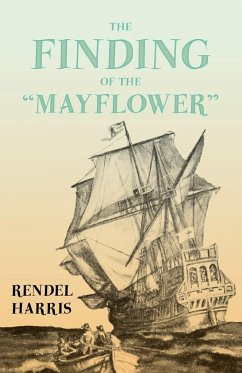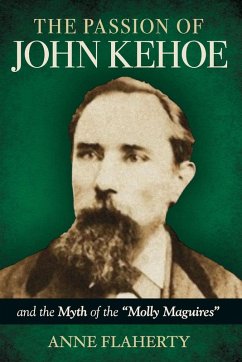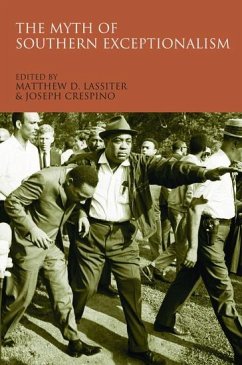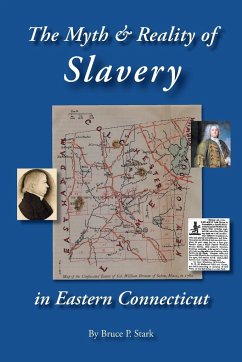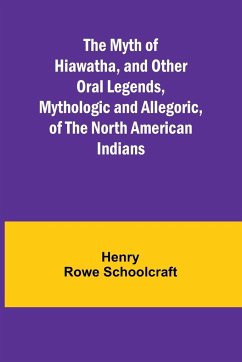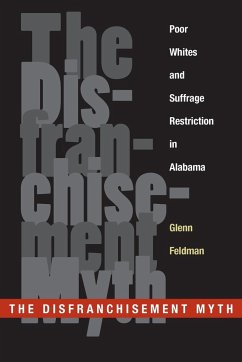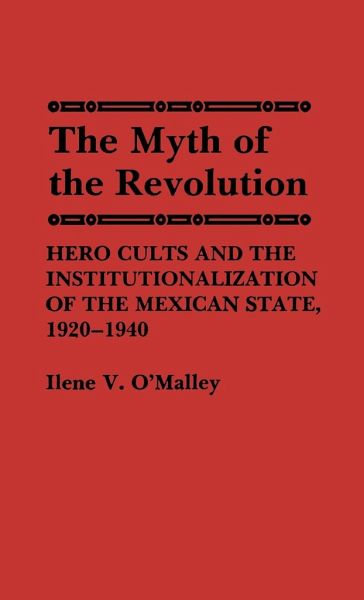
The Myth of Revolution
Hero Cults and the Institutionalization of the Mexican State, 1920-1940
Versandkostenfrei!
Versandfertig in 1-2 Wochen
87,99 €
inkl. MwSt.

PAYBACK Punkte
44 °P sammeln!
?O'Malley uses concepts of myth derived from Roland Barthe's Mythologies (1972) to analyze the institutionalization of the Mexican Revolution of 1910. Basic to this idea is the assumption that mystification produces myth, which is not a fable, but instead a confusion of the way one thinks about facts. O'Malley contends that the revolution was guided through this mystification by the government in order to perpetuate the bourgeois character of the regime. He explains the emergence of the myth through an anlysis of hero cults for Francisco Madero, Venustiano Carranza, Emiliano Zapata, and Pancho...
?O'Malley uses concepts of myth derived from Roland Barthe's Mythologies (1972) to analyze the institutionalization of the Mexican Revolution of 1910. Basic to this idea is the assumption that mystification produces myth, which is not a fable, but instead a confusion of the way one thinks about facts. O'Malley contends that the revolution was guided through this mystification by the government in order to perpetuate the bourgeois character of the regime. He explains the emergence of the myth through an anlysis of hero cults for Francisco Madero, Venustiano Carranza, Emiliano Zapata, and Pancho Villa. Propaganda surrounding these four heroes had several common traits: the claim that the government was revolutionary; the promotion of nationalism; the obfuscation of history; the denigration of politics; Christian imagery and the promotion of Catholic values; and patriarchal values.' All of these traits were used, according to O'Malley, to co-opt opposition to the middle-class revolution. The author introduces concepts used to study the French Revolution to the Mexican context in an interesting and innovative fashion. ... Mexican newspapers are used effectively. ... O'Malley's work is important for promoting the study of myth in revolution. One hopes it will be followed by similar studies. College and university libraries.?-Choice



